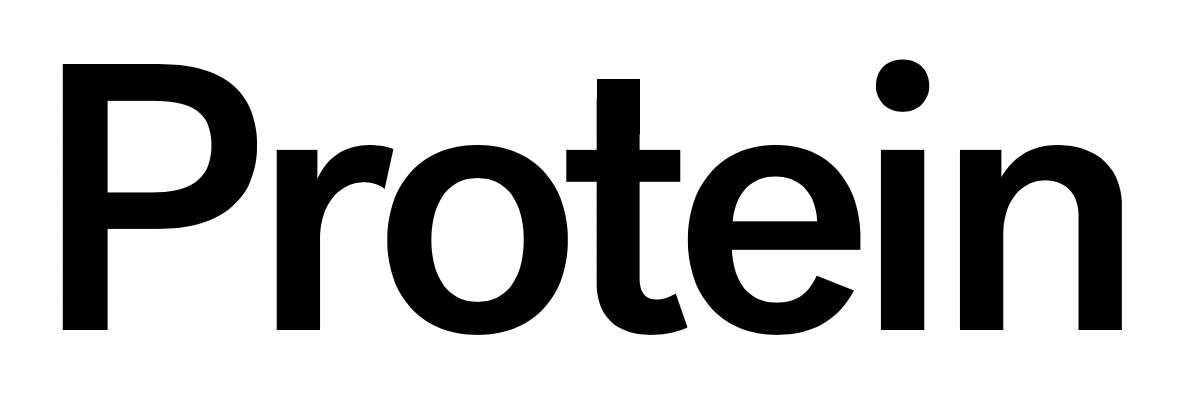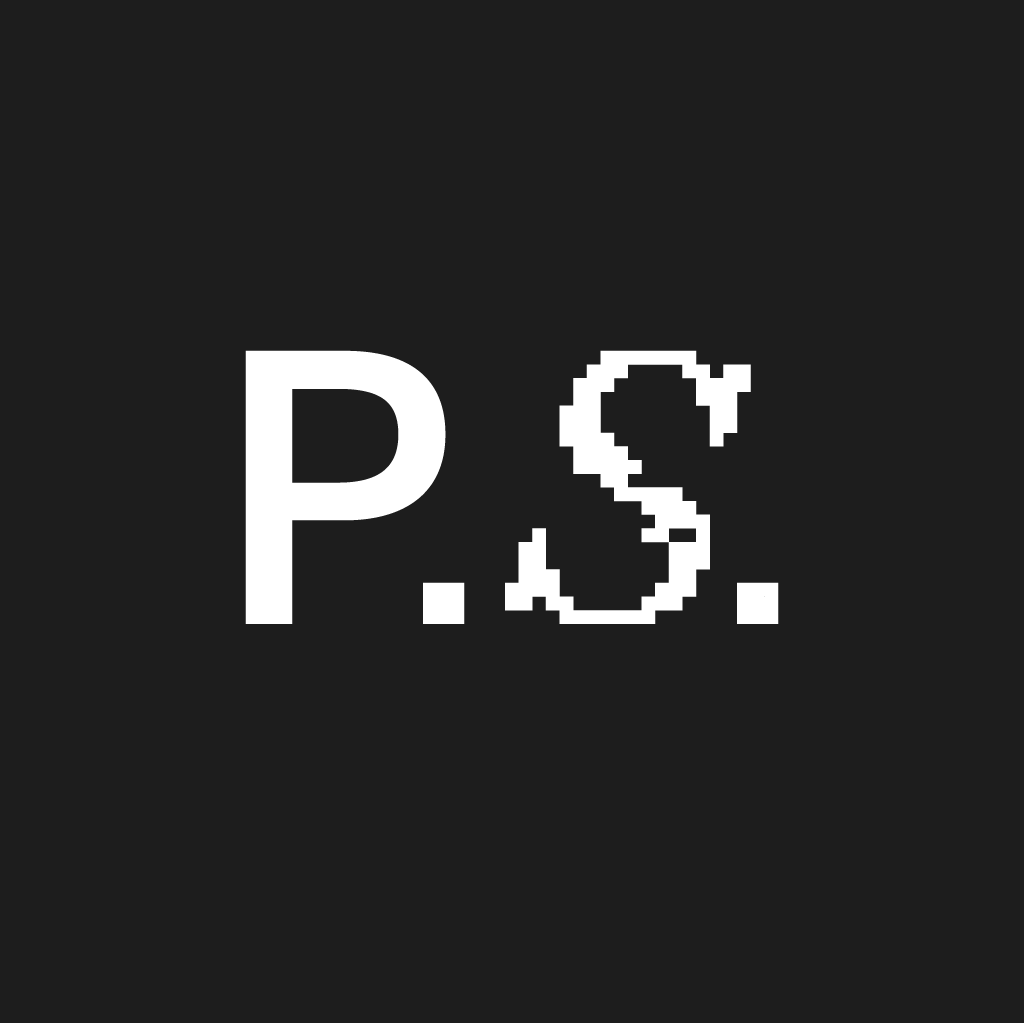Nato Virus On The Loose
A Nato spokesperson has admitted that the Anti-Smyser 1 virus which turned up at the Czech ministry of defence last week is in…
A Nato spokesperson has admitted that the Anti-Smyser 1 virus which turned up at the Czech ministry of defence last week
is in fact the very same one it created in Pristina, Kosovo. Nato’s scientists say they created the virus ‘by mistake’, little suspecting that it would cause military secrets to find their way onto the internet. They were apparently looking for ways of protecting Nato from virus attacks similar to those launched by the Serbs during the Kosovo conflict. Instead, the bungling boffins accidentally unleashed the virus - on themselves.‘Following an investigation into the leaks, I can now tell you that this was started at Kfor by our own people and subsequently spread to Nato headquarters and to other Nato members,’ admitted Jamie Shea, a Nato spokesman. Anti-Smyser 1, which takes documents from the hard drives of computers and sends invisible attachments to e-mails, has done the rounds since its escape. It recently resurfaced at the Czech ministry defence, and is now believed to be responsible for the leak in April of a restricted nine-page document detailing the rules of engagement for Nato soldiers serving in Kosovo, which appeared mysteriously on the computer screens of a London publishing company.
The document, dated December 23, 1999, set out circumstances in which ‘deadly force’ could be used, instructed Nato troops to hand over war criminals within 48 hours to the International Criminal Tribunal for the former Yugoslavia and covered riot control, media transmissions and authorisations for everything from attack helicopters to tanks. An e-mail with the document attached reportedly came with the following message: ‘Hello, I am Anti-Smyser 1. This virus is an alteration of a virus which was designed to delete all files from one’s c:drive on December 13.’ That ‘one’ speaks volumes, we think, about the inept English divvies who were likely behind the virus’ creation. An investigation into the affair ordered by Nato chiefs still has been dismissed by Lord Robertson, the Nato secretary-general. Nato’s spokesman Jamie Shea was busily trying to play down the importance of the gaffe this week.



Discussion